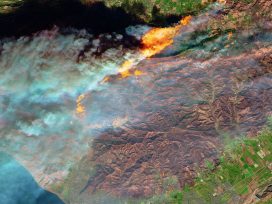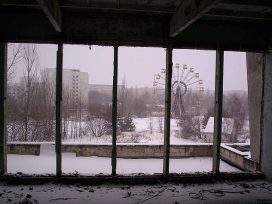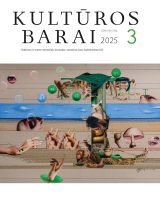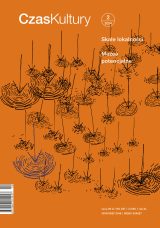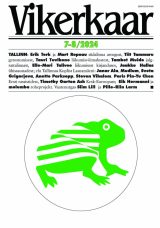Kate Brown
Professor of Science, Technology and Society at Massachusetts Institute of Technology. She is the author of Manual for Survival: A Chernobyl Guide to the Future (2019), Dispatches from Dystopia (2015), Plutopia (2013), and A Biography of No Place (2004).
Articles
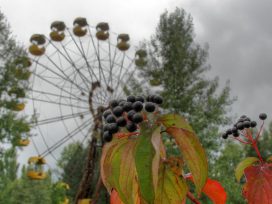
The secret history of radiation
An interview with Kate Brown
In the aftermath of the Chernobyl accident, international agencies dismissed local doctors’ warnings about a ‘public health catastrophe’ in order to suppress scandal over nuclear tests carried out by the West since the 1950s. Kate Brown talks to Aro Velmet about the secret history of radiation and what Chernobyl means in the era of climate change.
